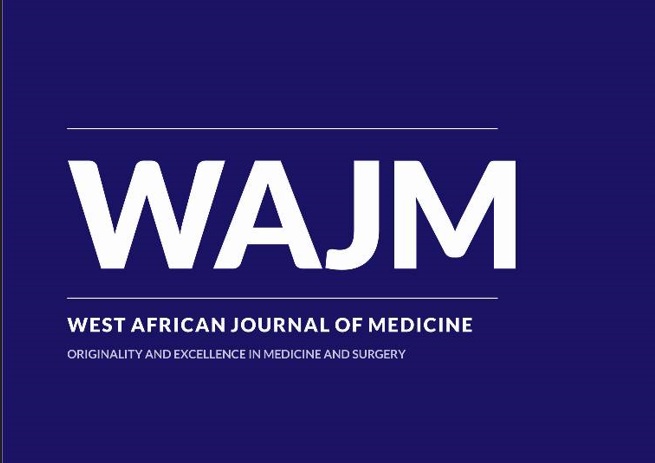ORIGINAL: Gaps in Management of Dyslipidaemia among Physicians in Nigeria: Report of a Web-Based Survey
West Afr J Med. 2024 July; 41(7): 775–782 PMID: 39356655
Keywords:
Dyslipidaemia, Gap, Knowledge, Management, Nigeria, PhysiciansAbstract
Background: Dyslipidaemia contributes significantly to globalcoronary artery disease (CAD) and cardiovascular disease. Effective use of statins precludes adequate knowledge of its benefits. This study aimed to determine the gaps in the management of dyslipidaemia among physicians in Nigeria.
Methods: This was a web-based survey of physicians across Nigeria regarding the management knowledge and practice of dyslipidaemia. Analysis was done by SPSS 23.0. P<0.05 was taken as statistically significant.
Results: Three hundred and thirteen physicians across Nigeria consisting of 65.4% males responded to the survey. The majority, 57.5% were 25-40 years. While most of the participants (98.3%) believe that elevated LDL-C is an important cause of CAD, there were concerns about statins use and associated increased risk of muscle disorder (63.2%), hepatic disease (37.4%), hemorrhagic stroke (27.2%), cognitive impairment (12.6%) and new-onset diabetes mellitus (19.2%). Similarly, 41.9% of participants have concerns about hemorrhagic stroke while 32.2% also expressed concerns about lowering LDL-C and ischaemic stroke. More than a third (38.2%) indicated that >20% of their patients cannot use statins continuously due to adverse effects such as muscle symptoms, etc. The results obtained when asked about the target of LDLC in patients with or without a history of CAD and diabetes mellitus were as varied as 3-200 mg/dl.
Conclusion: This study highlights there exist significant gaps in knowledge and practice of the management of dyslipidaemia among experts in Nigeria. Concerted efforts by relevant authorities and societies may be needed to enhance the knowledge and practice of the management of dyslipidaemia in reducing the CV risk among Nigerians.


